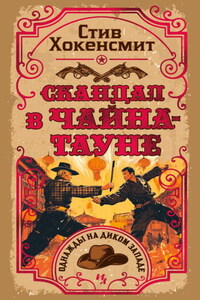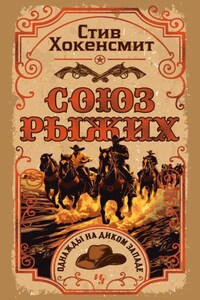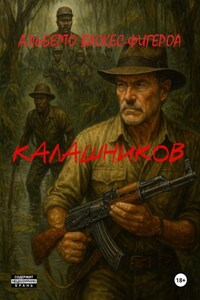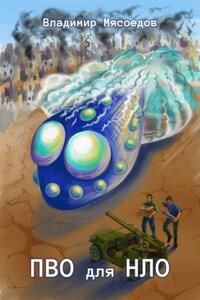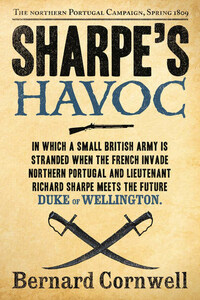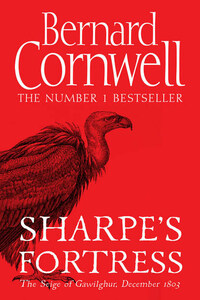Published by HarperCollinsPublishers Ltd
1 London Bridge Street
London SE1 9GF
www.harpercollins.co.uk
Previously published in paperback by Fontana 1986
Reprinted seven times
First published in Great Britain by Collins 1985
Copyright © Rifleman Productions Ltd 1985
Bernard Cornwell asserts the moral right to be identified as the author of this work
A catalogue record for this book is available from the British Library
Ebook Edition © July 2009 ISBN: 9780007338696
Version: 2017-05-06
This novel is a work of fiction. The incidents and some of the characters portrayed in it, while based on real historical events and figures, are the work of the authorâs imagination.
All rights reserved under International and Pan-American Copyright Conventions. By payment of the required fees, you have been granted the non-exclusive, non-transferable right to access and read the text of this ebook on-screen. No part of this text may be reproduced, transmitted, down-loaded, decompiled, reverse engineered, or stored in or introduced into any information storage and retrieval system, in any form or by any means, whether electronic or mechanical, now known or hereinafter invented, without the express written permission of HarperCollins.
Weâll search every room for to find rich treasure,
And when we have got it weâll spend it at leisure.
Weâll card it, weâll dice it, weâll spend without measure,
And when itâs all gone, bid adieu to all pleasure.
From: The Grenadierâs March (Anon), Quoted in THE RAMBLING SOLDIER, edited by Roy Palmer, Penguin Books, 1977.
There was a secret that would win the war for France. Not a secret weapon, nor some surprise strategy that would send the enemies of France reeling in defeat, but a sleight of politics that would drive the British from Spain without a musket being fired. It was a secret that must be kept, and must be paid for.
To which end, on a pitiless winterâs day in 1813, two men climbed into the northern hills of Spain. Whenever the road forked they took the lesser path. They climbed by frost-hardened tracks, going ever higher into a place of rocks, eagles, wind, and cruelty, until at last, at a place where the far sea could be seen glittering beneath a February sun, they came to a hidden valley that smelt of blood.
There were sentries at the valleyâs head; men wrapped in rags and pelts, men with muzzle-blackened muskets. They stopped the travellers, challenged them, then incongruously knelt to one of the horsemen, who, with a gloved hand, made a blessing over their heads. The two men rode on.
The smaller of the two travellers, the keeper of this secret of secrets, had a thin, sallow face that was pock-marked by the old scars of smallpox. He wore spectacles that chafed the skin behind his ears. He stopped his horse above a rock amphitheatre that had been made when this valley was mined for iron. He looked with his cold eyes at the scene below him. âI thought you didnât fight the bulls in winter.â
It was a crude bullfight, nothing like the splendour of the entertainment provided in the barricaded plazas of the big cities to the south. Perhaps a hundred men cheered from the sides of the rock pit, while, beneath them, two men tormented a black, angry bull that was slick with the blood drawn from its weakened neck muscles. The animal was weak anyway, ill fed through the winter, and its charges were pitiful, easily evaded, and its end swift. It was not killed with the traditional sword, nor with the small knife plunged between its vertebrae, but by a pole-axe.
A huge man, clothed in leather beneath a cloak of wolfâs fur, performed the act. He swung the great axe, its blade glittering in the weak sun, and the animal tried to swerve from the blow, failed, and it bellowed one last useless challenge at the sky as the axe took its life and cut down, through bone and pipes and sinews and muscles, and the men about the rock pit cheered.


